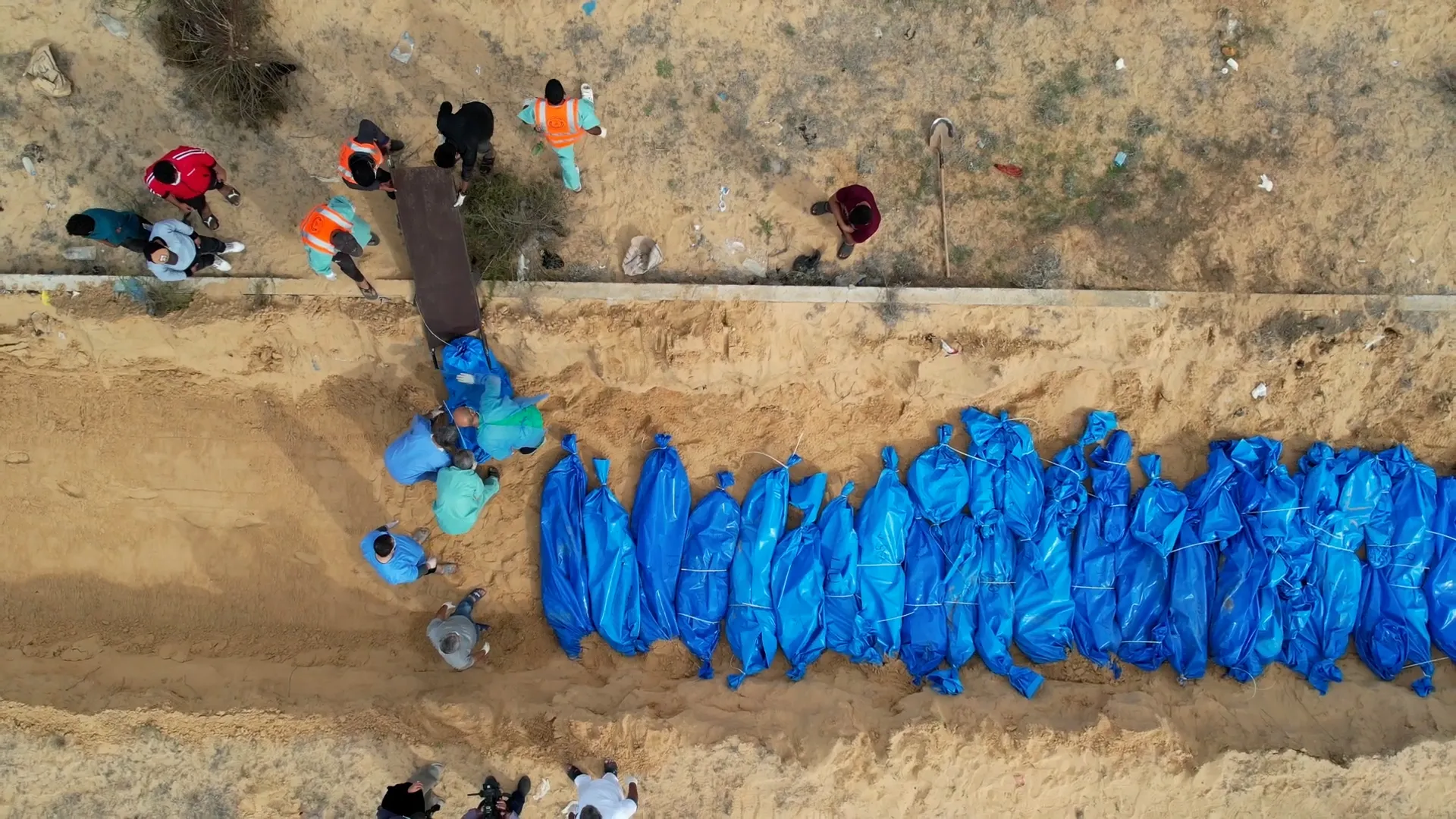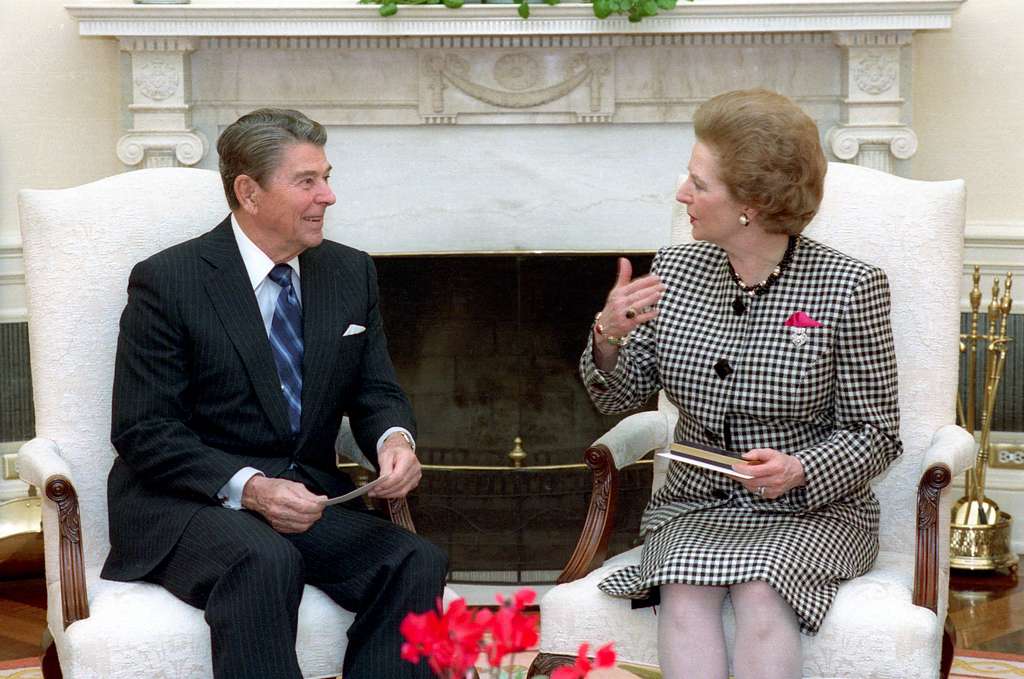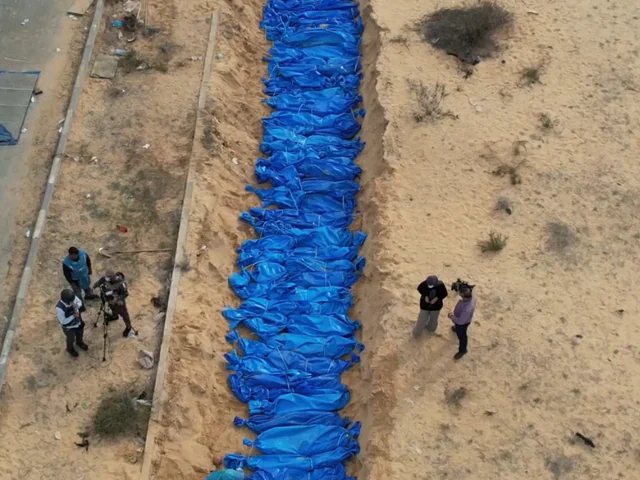The Hannibal Directive is one of the most controversial and closely guarded policies in Israel’s military doctrine. Designed by the Israel Defense Forces (IDF) in 1986, the directive authorizes Israeli forces to use overwhelming, even lethal, force to prevent the capture of soldiers by enemy combatants, regardless of the risk to the captured soldier or surrounding civilians.
Though the directive remained classified for decades, recent investigations have confirmed what critics long suspected: it amounts to a kill order. A policy that permits the IDF to fire on their own, if it means denying an enemy the leverage of a live hostage.
Origins of the Policy
The Hannibal Directive was created in the aftermath of several high-profile kidnappings of Israeli soldiers, most notably during the First Lebanon War. These abductions often resulted in protracted and politically costly prisoner swaps. Military officials saw this as a strategic vulnerability, one that could be exploited by groups like Hezbollah or Hamas.
The directive, never formally published, was transmitted verbally or in tightly controlled documents within the military. Its purpose was clear: eliminate the possibility of capture, even if that meant endangering the lives of the captives.
October 7, 2023: When Hannibal Was Activated Again
After years of ambiguous enforcement and denials, the directive re-entered the public spotlight following Hamas’s surprise attack on southern Israel on October 7, 2023. According to reporting by Haaretz, the IDF invoked the Hannibal Directive in at least three locations.
The order: stop any vehicle suspected of carrying Israeli hostages into Gaza, by any means necessary. That meant airstrikes on moving cars, gunfire on fleeing convoys, and a general rule of engagement that left no room for hesitation.
The result: dozens of civilians and soldiers, many of whom were likely captives, were killed by Israeli forces in an attempt to prevent their abduction. The IDF has not denied these actions. Instead, officials have defended them as necessary to prevent long-term national security risks.
Ethics Under Fire
The directive has been heavily criticized by human rights organizations and legal scholars. It runs counter to the Geneva Conventions, which prioritize the protection of captives and prohibit targeting non-combatants. The very notion of a military openly killing its own personnel, or civilians, to avoid political embarrassment or prisoner trades has sparked outrage.
Domestically, the policy has long been controversial. Some Israeli families of soldiers have vocally opposed it, demanding the government do more to protect captured troops, not authorize their deaths.
Internationally, the directive raises questions about proportionality, military ethics, and accountability. No other Western-aligned military maintains a doctrine so explicitly permissive of fratricide in hostage scenarios.
A Doctrine Without Oversight
Part of what makes the Hannibal Directive so dangerous is its opacity. There is no law codifying it. There is no democratic oversight. It exists in the shadows of military doctrine, invoked in crisis and denied in peacetime.
When asked about the directive, IDF spokespeople often deflect. The Israeli government has never released the full text. And though some military commanders have acknowledged its existence, none have been held accountable for its consequences.
The October 7 incident may change that. With investigations mounting and international pressure growing, calls for transparency are increasing. But whether the policy will be repealed, revised, or simply renamed remains to be seen.
Author
Discover more from The Crustian Daily
Subscribe to get the latest posts sent to your email.













